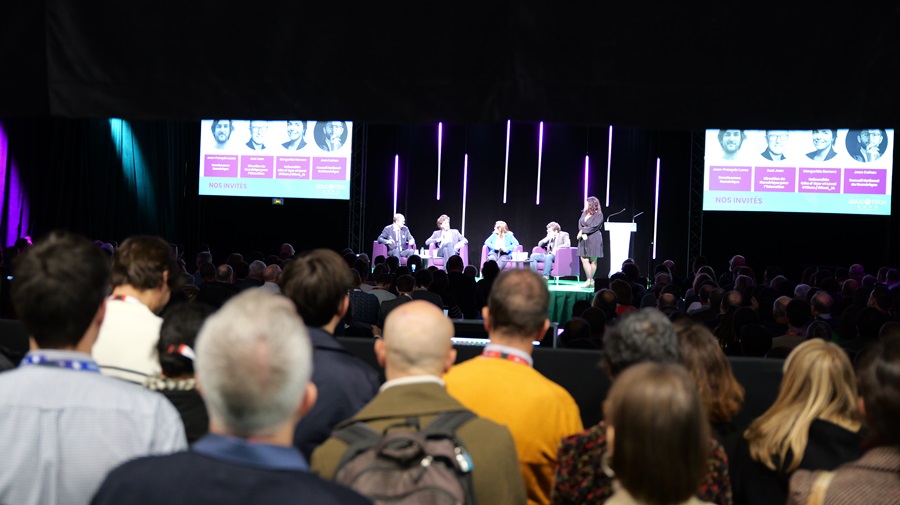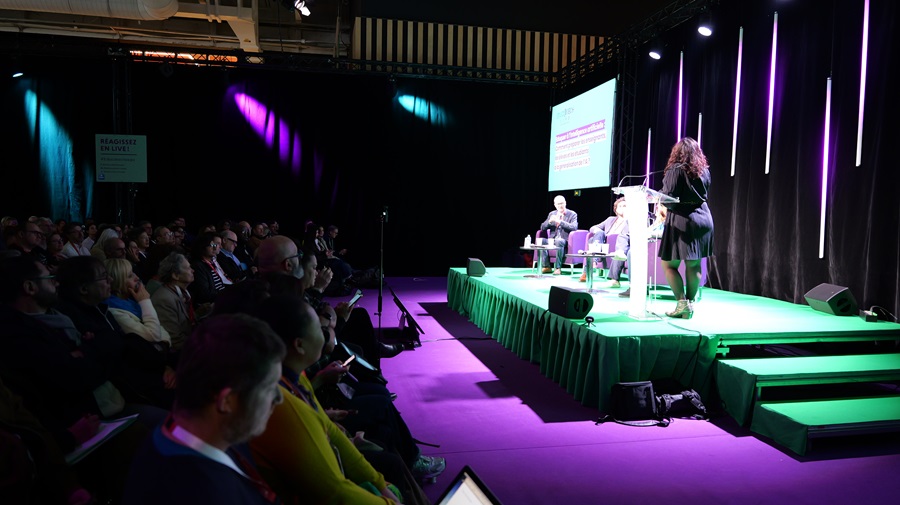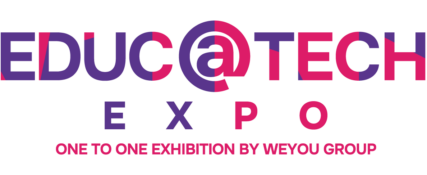2025 Plenary conferences
WAKE UP : (S')INVESTIR DANS L'ÉDUCATION
Organized by MY MOOJO
Continue reading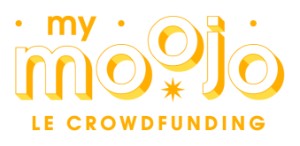
Chaque année, des milliers de projets éducatifs disparaissent faute de financement. Pourtant, l’éducation est la clé de notre avenir. Cette plénière propose un réveil collectif : témoignage inspirant, regards d’experts et pitchs de startups EdTech. Parce que l’avenir s’investit.
Conference Moderator:

Sara REYNAUD
CEO – MY MOOJO
Speakers:

Bruno SOLA
– UP

Orianne LEDROIT
– EDTECH FRANCE

Hélène AZEVEDO
CEO – MODCO

Karim HCINI
CEO – POMELABS

Antoine LANDRAING
CEO – HOPTEO

Adrien PORTEJOIE
– ACTOON

Anthony TROUBLÉ
– ALIAD EDUCATION
Why should digital education (finally) get out of the classroom?
Organized by Educ@tech Expo
Continue readingFor years, many players in the sector have relied on schools to develop programs and equipment strategies in conjunction with them.
But in the field, the projects carried out by certain local authorities, popular education associations, digital advisors and Edtech players show us that other contexts are possible, and sometimes easier, for mobilizing all publics.
So, what are these contexts? How can we work in alliance on the ground? And finally, what difference does it make for the beneficiaries?
Speakers:

Pauline REBOUL
Chercheuse en information-communication – FRÉQUENCE ECOLES
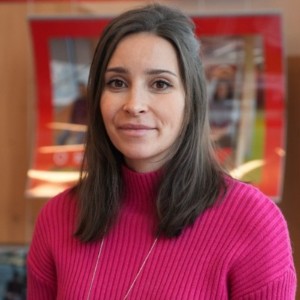
Julie STEIN
Responsable sectorielle "Éducation" – BANQUE DES TERRITOIRES
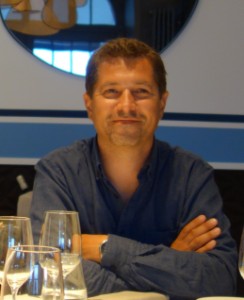
Sébastien BIRBANDT
Conseiller de Madame la Rectrice – DRANE MARTINIQUE

Axel GOUYACHE
Responsable de la Division du numerique scolaire – VILLE DE MARSEILLE
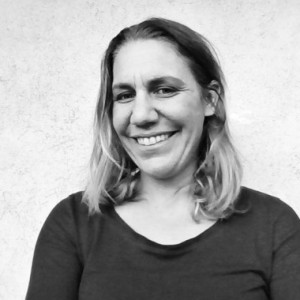
Sophie LORIMIER
Directrice générale adjointe – LIGUE DE L’ENSEIGNEMENT DES BOUCHES DU RHÔNE

Lydie PIERRET
Responsable Edulab Pasteur – RENNES VILLE ET MÉTROPOLE
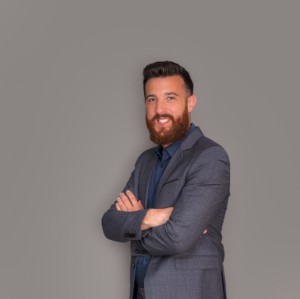
Mathieu CORNUEY
Directeur du pôle Numérique pour l'Éducation et les Solidarités – SEINE ET YVELINE NUMÉRIQUE
Creativity and AI with Canva Education, Empowering teachers and students to create with purpose
Organized by CANVA EDUCATION
Continue reading
The session will showcase how Canva Educations’s tools support creative and interactive learning in the classroom, while exploring how AI is transforming the way teachers and students create, learn, and think.
With insights from Cécile Cathelin, teacher and Canvassador, and Jean-François Cerisier, researcher and Director of the Techné lab at the University of Poitiers.
Conference Moderator:
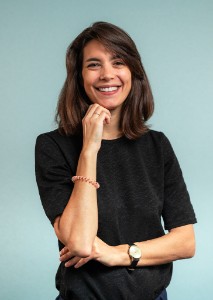
Caroline NILLES
Community Manager education France – CANVA ÉDUCATION
Speakers:

Jean-François CERISIER
University Professor at the University of Poitiers and Director of the Techné Research Unit. – UNIVERSITÉ DE POITIERS

Cécile CATHELIN
Teacher and Canvassador – ÉDUCATION NATIONALE
Teaching and Learning in the Age of AI: Bridging School and Higher Education
Organized by NOLEJ
Continue reading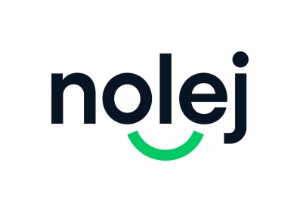
Artificial intelligence is profoundly transforming the way we teach, learn, and design educational pathways. How can we rethink the continuity between K–12 and higher education at a time when skills evolve faster than curricula?
This workshop will be led by Nejma Travaglini, CEO of Nolej, a pioneering startup in generative AI for education. She will present the key levers of AI-augmented learning, the new balance between human and technology, and the conditions for a smooth, informed, and responsible adoption of these tools in service of a more coherent and inclusive educational continuum. She will also reveal, in an exclusive preview, the upcoming features and innovations arriving soon on Nolej.
We are also pleased to welcome two exceptional guest speakers:
Alain Goudey, Associate Dean for Digital – NEOMA Business SchoolHe will share how a leading business school like NEOMA is rethinking its pedagogical and organizational practices in the age of AI. Strategies, adoption, innovation, and impacts on training and skills development: an essential perspective to understand the challenges facing higher education and the potential synergies with K–12.
Mathilde Ouguel, History and Geography Teacher – Collège Gisèle Halimi
She will present her daily use of Nolej as well as her inspiring initiative: the Startup Club of Collège Gisèle Halimi, a space where students explore entrepreneurship, digital tools, innovation, and learn to develop concrete projects.
A vivid example of a school empowering students to become creators, explorers, and active agents in their learning through AI and creativity.
Together, these three perspectives — higher education, secondary education, and EdTech — will offer a comprehensive, grounded view of the transformations underway and the bridges we must build to imagine a fluid, coherent, and deeply human educational journey.
Conference Moderators:
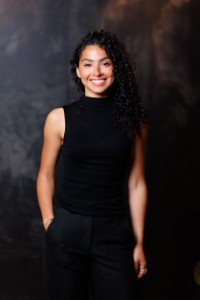
Nejma TRAVAGLINI
CEO – NOLEJ
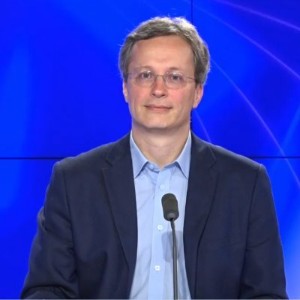
Alain GOUDEY
Associate Dean for Digital – NEOMA BUSINESS SCHOOL
Speaker:
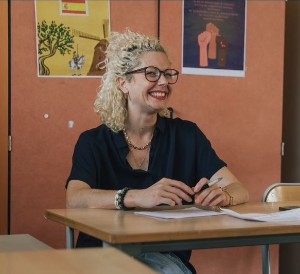
Mathilde OUGUEL
History and Geography Teacher, Citizenship Education (EMC) – COLLÈGE GISÈLE HALIMI
Why will AI transform educational production?
Organized by Educ@tech Expo
Continue readingArtificial intelligence, and even more so generative AI, is now becoming part of the daily lives of teachers and students alike. Faced with this upheaval, the question is no longer whether schools should embrace AI, but how they can do so without being overwhelmed by it.
How can AI become a lever for learning, differentiated instruction, student creativity, and lesson preparation support? How can we support teachers in evolving their practices, skills, and ethical standards?
Beyond the tools themselves, this opens up a whole new debate on the design, sharing, and sustainability of educational resources. Can we imagine AI systems that are more useful, more secure, and better suited to the needs on the ground? What economic models and sharing approaches (open source, commons, free licenses) will enable us to turn AI into a true public good?
Speakers:
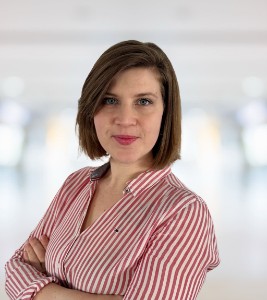
Mélanie PAULI-HARQUEVAUX
Coordinatrice de la Chaire UNESCO RELIA (Ressources Éducatives Libres et Intelligence Artificielle) – NANTES UNIVERSITÉ
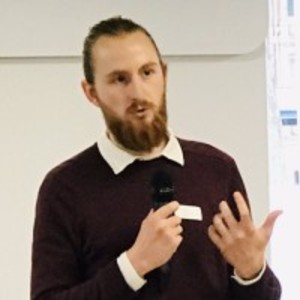
Léo BRIAND
Fondateur de Vittascience – VICE-PRÉSIDENT DE L'AFINEF
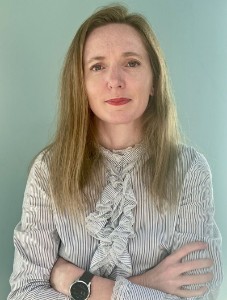
Aude BLANCKAERT GUÉNEAU
Fondatrice de Plume – PRÉSIDENTE DE EDTECH FRANCE
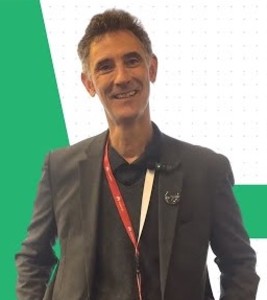
Nicolas POULAIN
Chef de projet Capytale – ACADÉMIE DE PARIS
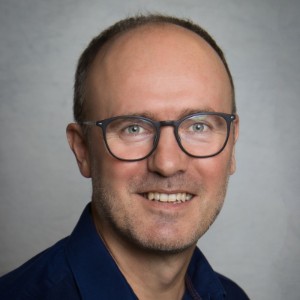
Axel JEAN
Chef du bureau du soutien à l'innovation numérique et à la recherche appliquée – DIRECTION DU NUMÉRIQUE ÉDUCATIF
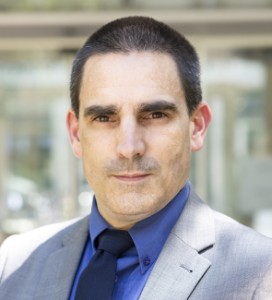
Vincent MONTREUIL
Doyen du groupe Expertise disciplinaire et pédagogique STI, Membre de l’intergroupe informatique et du pôle Données, intelligence artificielle et numérique – INSPECTION GÉNÉRAL DE L’ÉDUCATION, DU SPORT ET DE LA RECHERCHE
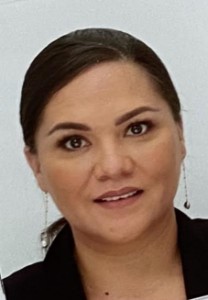
Caroline MAUZE
Cheffe de département de la formation continue – EDUCATION NATIONALE POLYNÉSIE FRANÇAISE
Grand prix AFINEF des collectivités innovantes : Remise des trophées 2025
Organized by AFINEF
Continue reading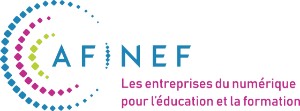
Pour la deuxième année consécutive, l’AFINEF propose de mettre en avant les initiatives portées par les collectivités territoriales en matière d’innovation dans le secteur de l’éducation.
Les objectifs du Grand prix sont de :
- Récompenser des initiatives innovantes à fort impact, mises en œuvre par des collectivités au service des communautés éducatives,
- Faire rayonner les territoires, inciter à l’émulation et mettre en lumière les équipes qui ont rendu ces projets possibles.
Un jury prestigieux composé d’élus, de représentants de ministères, d’acteurs de la recherche et du monde associatif sera présent lors de la remise des prix.
Les membres du jury présents :
- Valérie Nouvel, Vice-présidente du Département de La Manche
- Alice Bouteloup, Responsable du pôle éducation à la Banque des territoires
- Mathilde Travail, Co-fondatrice d'Entreprendre pour l'Education
- Tessa Deit, Responsable pédagogique du Collectif Orientation
- Christine François, Conseillère en système d’information – Transformation numérique et innovation publique -Ministère de l’Education nationale
- Emmanuel Georges-Picot, Conseiller chargé de l'éducation, de l'orientation, de la formation et de l'emploi de Régions de France
- Christian Stracka, Président de l'AFT-RN
- Taninna Portebos, Directrice du projet IOTA de l'Ecole 42
Chromebook, the winning bet for local authorities
Organized by GOOGLE FOR EDUCATION
Continue reading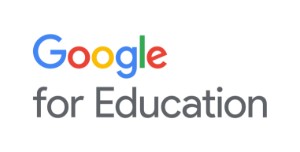
France's local authorities have a tough job: bring schools into the digital age without breaking the bank. How can they promote mindful technology use while also ensuring the investment pays off through mass adoption? The answer is becoming clear.
Learn about the rise of the Chromebook in France through the experiences of the Île-de-France Region, Meurthe-et-Moselle, and the Dijon Metropolis.
In just four years, Chromebooks have gone from being the new kid on the block to a leading choice for schools. Find out how this smart, practical solution is solving the most pressing challenges in education today.
French educational authorities are navigating a complex digital transformation. They must modernize school technology on tight budgets and balance a responsible, sustainable approach with the need for widespread adoption to justify their investment.
Hear directly from leaders in the Île-de-France Region, the Meurthe-et-Moselle department, and the Dijon Metropolis as they share the remarkable success story of the Chromebook in France.
Despite being a newcomer just four years ago, Google's solution has effectively challenged established competitors. Today, the Chromebook is increasingly recognized as a pragmatic and strategic solution to the challenges schools face.
Key Discussion Points:
-
Cost-Effectiveness & TCO: Discover how local authorities are optimizing budgets through Chromebooks' affordability, simplified maintenance, and centralized management console.
-
Sustainability: Learn how the low energy consumption and 10-year software lifespan of Chromebooks support more responsible and sustainable public procurement.
-
Teaching & Learning Outcomes: Explore how the ChromeOS and Google for Education ecosystem enhances teacher productivity and student achievement, with real-world examples of its impact on pedagogy and mindful screen time.
-
Data Security & Sovereignty: Understand how Google works with French authorities to ensure its solutions meet strict national requirements for data security and GDPR compliance.
Discover why more and more French regions are partnering with Google to create a modern, effective, and sustainable learning environment for their students.
Conference Moderators:

Rebecca BIRNBAUM
Head of Google for Education, France – GOOGLE
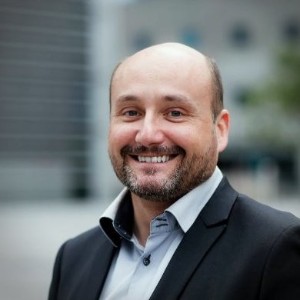
Jean-Philippe COMBE
Sr Customer Engineer, Google for Education & Chrome Enterprise – GOOGLE
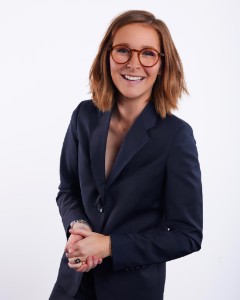
Philippine DOLBEAU
Journalist and news anchor for l'Express and BFM Business – PHILIPPINEDOLBEAU.COM
Speakers:

Pascal COROLLER
Deputy CIO – RÉGION ÎLE-DE-FRANCE
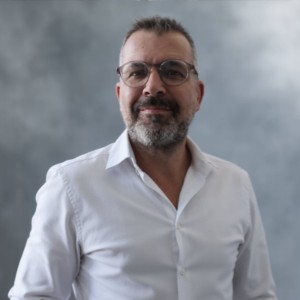
Claude SCHMITT
Head of Education and Culture – CONSEIL DÉPARTEMENTAL DE MEURTHE-ET-MOSELLE
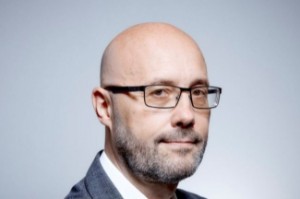
Xavier LENOIR
CIO – MÉTROPOLE DE DIJON
Digital strategy for education: What lessons can be learned? What next steps should be taken?
Organized by DIRECTION DU NUMERIQUE POUR L'EDUCATION - MINISTERE DE L'EDUCATION NATIONALE
Continue reading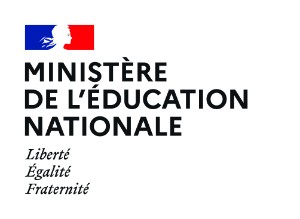
Halfway through the 2023-2027 digital strategy for education, the Ministry and its partners are updating it to take into account rapid changes in the educational, technological and societal landscape. The adjustments to the strategy reflect several recent commitments, for example in the areas of AI (framework for the use of AI in education), gender parity (Girls and Maths Plan) and digital parenting (digital usage guidelines).
This conference-debate will review the main lessons learned over the past period: development of digital citizenship, consolidation of digital skills among pupils and teachers, structuring of resources and services, and affirmation of shared governance between the State, local authorities and the EdTech ecosystem.
Participants will be invited to analyse successes and areas for improvement, share identified levers for action and contribute to collective reflection on future directions: what place for digital commons? How can we support the rise of artificial intelligence in learning and facilitate teaching? What are the priorities for accelerating the implementation of the strategy?
This meeting will be a unique opportunity for dialogue between public actors, local authorities and companies in the EdTech sector to think together about the digital education of tomorrow.
Conference Moderator:
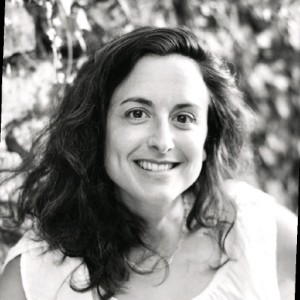
Amina EL MGHAZLI
Project Manager, Governance and Implementation of the Digital Strategy for Education – MINISTÈRE DE L'ÉDUCATION NATIONALE - DIRECTION DU NUMÉRIQUE POUR L'ÉDUCATION
Speakers:
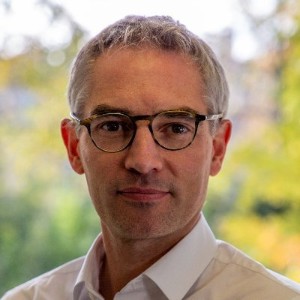
Audran LE BARON
Director of Digital Education – MINISTÈRE DE L'ÉDUCATION NATIONALE - DIRECTION DU NUMÉRIQUE POUR L'ÉDUCATION
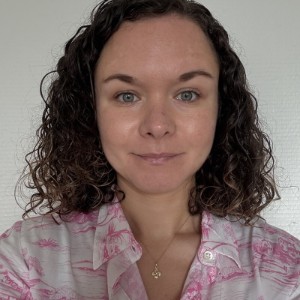
Emilie PESCE
Chief Executive Officer – AFINEF
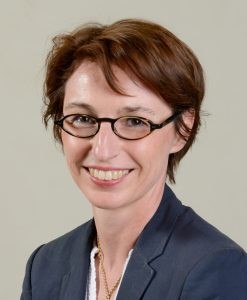
Delphine DOURLET
Chairwoman of the association – ASSOCIATION LES ÉDITEURS DE L’ÉDUCATION
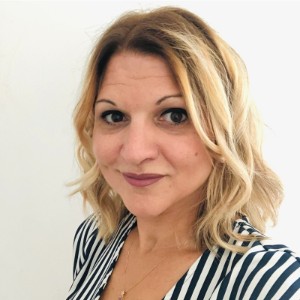
Alexandra MAILLET
Digital Education Project Manager – RÉGION GRAND EST
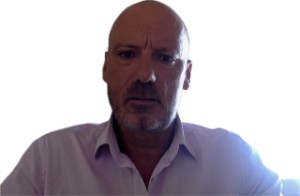
Jean-Marie BIENFAIT
Head of School Computerisation Department – DÉPARTEMENT BOUCHES DU RHÔNE
Artificial intelligence: a catalyst for innovation, safety, and sustainability in education
Organized by ECONOCOM & LENOVO
Continue readingFar from being a mere fad, artificial intelligence is already redefining the contours of education. Between the promise of innovation, the demand for security, and environmental responsibility, it raises as many questions as it inspires answers.
How are these transformations being translated into concrete terms in public policy, in educational institutions, and in the classroom? How can data security and sovereignty be guaranteed? And how can we ensure that technology remains a lever for human progress, in a sustainable and ethical manner?
This round table will bring together major players from the worlds of education and technology, who will share their complementary visions and experiences:
• Gwang-Chol Chang – Chief, Education Policy Section – UNESCO
Will share an international vision of education policies and concrete levers for the ethical and inclusive integration of AI into education systems.
• Guerric Chalnot – Consultant, speaker, and former deputy school principal
Drawing on his experience in educational innovation and neuroeducation, he will illustrate how AI can enrich educational practices and strengthen students' critical thinking skills.
• Guillaume Leboucher – Founder of the “AI for Schools” Foundation
A committed entrepreneur, he will discuss the role of ethics and critical thinking in the face of emerging technologies and the role of AI in educational transformation.
• Mathieu Jacquot – Facilitator and network developer – Manche Numérique
He will share his vision of an innovative purchasing center that plays a key role in securing and modernizing public digital technology.
• Pascal Lazerand – Engineer, teacher, and consultant mediator – Intel Skills for Innovation Ambassador
He will talk about his work with local authorities and schools, and the role of technology in promoting innovative teaching practices.
Marine Rabeyrin - Director of Education EMEA – Lenovo, will lead discussions on the major challenges of AI: innovation, security, inclusion, and sustainability.
By bringing together institutional, educational, and technological perspectives, this session will highlight the concrete solutions that AI can provide to the challenges facing the world of education—and how each stakeholder can contribute to responsible transformation.
Conference Moderator:

Marine RABEYRIN
EMEA Education segment Director – LENOVO
Speakers:
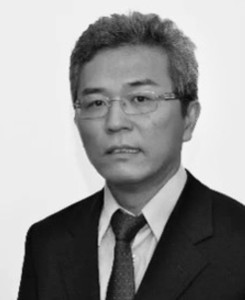
Gwang-Chol CHANG
Chief of Education Policy Section – UNESCO EDUCATION
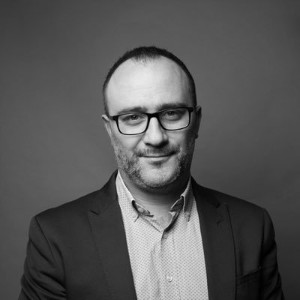
Guerric CHALNOT
Founder of OuiNovEducation, Co-Founder of BeDici, Consultant, Speaker – OUINOVEDUCATION
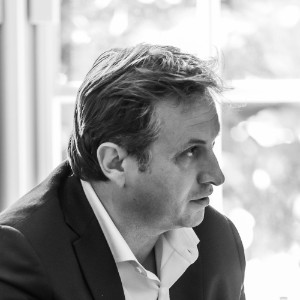
Guillaume LEBOUCHER
Founder – FONDATION IA POUR L'ÉCOLE
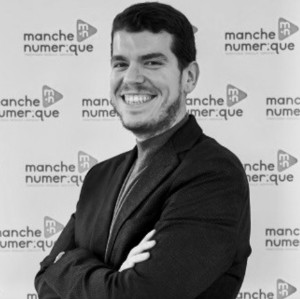
Mathieu JACQUOT
Facilitator and network developer – MANCHE NUMÉRIQUE

Pascal LAZELAND
Engineer, teacher, and consultant mediator – Intel Skills for Innovation Ambassador – I2FORM
Empowering all learners and teachers to succeed
Organized by APPLE
Continue reading
Join Apple in conversation with the department of Val d’Oise on how iPad and the Apple ecosystem empower students with special needs to achieve alongside their peers.
Speakers:
Virginie TINLAND
– DÉPARTEMENT DU VAL D'OISE
Frédéric KERBECHE
– DÉPARTEMENT DU VAL D'OISE
Isabel ALBAR
– ACADÉMIE DE VERSAILLES
Isabelle KEREBEL
– ACADÉMIE DE VERSAILLES
Renaud TAILLARD
– DÉPARTEMENT DU VAL D'OISE
Sophie BOITTIN-DELAIGUE
– APPLE
Why European policy on digital and AI education could change everything ?
Organized by Educ@tech Expo
Continue readingFaced with the rapid evolution of technologies, the necessary adaptations and the concerns expressed by some children's professionals, there is no consensus on the different approaches to digital education.
Yet 2025 has been declared the European Year of Education for Digital Citizenship by the Council of Europe, which is currently drawing up a roadmap for the future of digital education.
So, how can we align ourselves collectively in Europe on this subject? What do we have to compromise on? What are the future directions? What can we expect? Where does France fit in?
Speakers:

Alain THILLAY
DG-EAC-C4 Digital Education Unit – EUROPEAN COMMISSION

Thierry VIÉVILLE
Chercheur en Neuroscience Computationnelle – INRIA
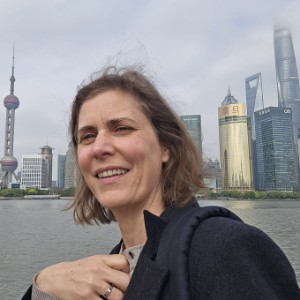
Sarah LABELLE
Professeure des Universités en Sciences de l'Information et de la Communication – UNIVERSITÉ DE MONTPELLIER PAUL-VALÉRY
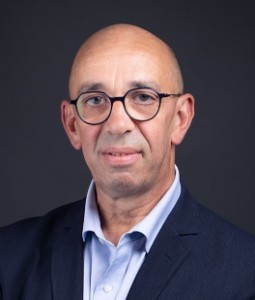
Gaël LE DRÉAU
Directeur Europe et International – RÉSEAU CANOPÉ

Claire FLAMMANG
Coordinatrice nationale du projet Digital Sciences, SCRIPT à la Division INNOVATION – MINISTÈRE DE L'ÉDUCATION NATIONALE, DE L'ENFANCE ET DE LA JEUNESSE (MENJE) DU LUXEMBOURG
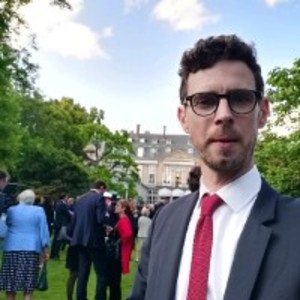
Laurent BERGEZ
Chef du département de l’Union européenne et des organisations multilatérales – DÉLÉGATION AUX RELATIONS EUROPÉENNES ET INTERNATIONALES ET À LA COOPÉRATION [DREIC]

Axelle DESAINT
Directrice – INTERNET SANS CRAINTE
AI, challenges and prospects
Organized by DIRECTION DU NUMERIQUE POUR L'EDUCATION - MINISTERE DE L'EDUCATION NATIONALE
Continue reading
At a time when generative artificial intelligence is accelerating the transformation of our society, schools are at the forefront of major changes. We will discuss training in AI, teaching with AI and learning with AI by exercising critical thinking within a controlled legal and ethical framework.
Conference Moderator:
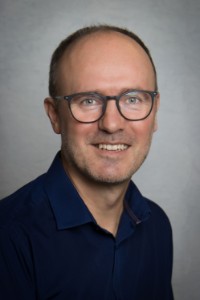
Axel JEAN
Head of TN2 - Digital Innovation Office – Applied Research – AI – MINISTÈRE DE L'ÉDUCATION NATIONALE - DIRECTION DU NUMÉRIQUE POUR L'ÉDUCATION
Speaker:

Maxime BARILLEAU
Project Manager, Digital Education Territories and Digital Skills Development – MINISTÈRE DE L'ÉDUCATION NATIONALE - DIRECTION DU NUMÉRIQUE POUR L'ÉDUCATION
De la juxtaposition à l’interaction : comment penser l’école comme un organisme vivant ?
Organized by EDUCAVOX
Continue reading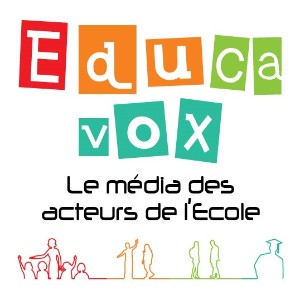
Can we envision a comprehensive educational time, providing time for training, exchanges with students and families, and time for sports and cultural activities at the heart of the school ?
With Nathalie Belin, Proviseure Adjointe - Romain Briot, Directeur général adjoint, Intercommunalités de France-Jean-François Cerisier, Professeur des universités - Xavier Delporte, Directeur relations avec les publics à la CNIL- Cyrille Savary, Principal -
Animation : Thierry Taboy, membre du CA An@é
Conference Moderator:
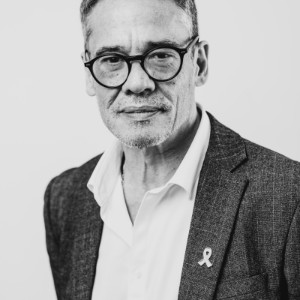
Thierry TABOY
– EDUCAVOX
Speakers:
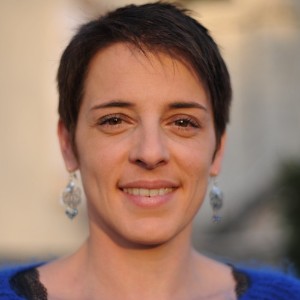
Nathalie BELIN
– EDUCATION NATIONALE
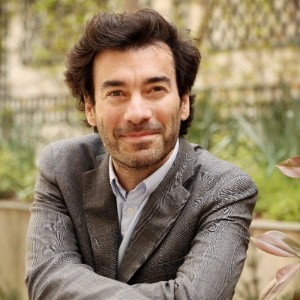
Romain BRIOT
– INTERCOMMUNALITÉS DE FRANCE

Jean-François CERISIER
– UNIVERSITÉ POITIERS
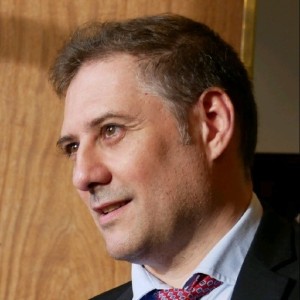
Xavier DELPORTE
– CNIL
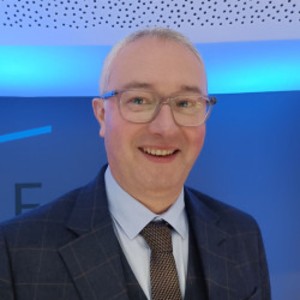
Cyrille SAVARY
– EDUCATION NATIONALE
Public purchasing: how to reconcile efficiency and budget constraints?
Organized by Educ@tech Expo & EducPros
Continue readingHow can we ensure that public purchasing in schools and universities meets the needs of the field? Between complex procedures, fixed catalogs and tight budgets, purchasing managers face many constraints. This conference brings together local authorities, secondary school heads and representatives from higher education to share experiences and practical solutions. Autonomy, dialogue with local authorities, purchasing groups, innovative platforms: what if we rethought public procurement based on users’ real needs?
Speakers:
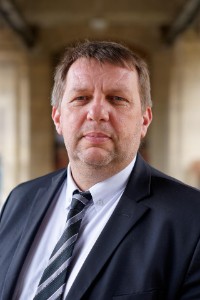
Bruno BOKIEWICZ
Secrétaire général du SNPDEN-UNSA, Proviseur de la cité scolaire BUFFON – SNPDEN-UNSA

Bertille BACHELET
Secrétaire générale du collège Jules Verne à Lacroix-Saint-Ouen (60) – COLLÈGE JULES VERNE
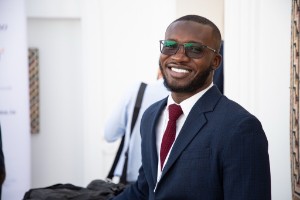
Amadou SECK
Responsable du Pôle achats à la Direction des Affaires Financières, Université Paris-Est Créteil – UNIVERSITÉ PARIS-EST CRÉTEIL
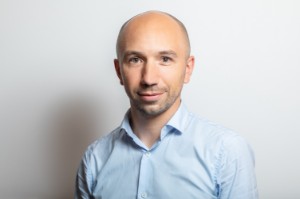
Mathias ROY
Directeur Adjoint De L’education – CONSEIL DÉPARTEMENTAL DE LA SEINE-SAINT-DENIS
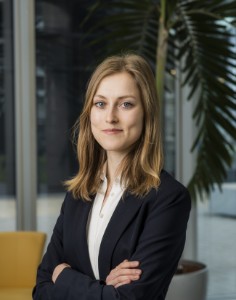
Faustine COACHE
Directrice adjointe de l’éducation et des collèges – CONSEIL DÉPARTEMENTAL DE L'ESSONNE
Hamid ETTAHFI
Vice-président en charge des éditions et des services au sein d'aji gestion pour l'éducation et secrétaire général agent comptable au lycée international jeanne d'arc, à clermont-ferrand (63). – AJI GESTION
From education data to data education. Education data: a lever for acculturation, governance and citizenship in the digital and AI era
Organized by DIRECTION DU NUMERIQUE POUR L'EDUCATION - MINISTERE DE L'EDUCATION NATIONALE
Continue reading
This conference brings together perspectives from regulation, research and education to rethink the place of public and protected data in education and society.
In this era of generative AI and recommendation algorithms, where data is redefining our relationship with reality and with others, it raises a key question: how can data be used as a lever for trust, discernment, empowerment and digital citizenship — useful, relevant, protective and valuable?
Conference Moderators:
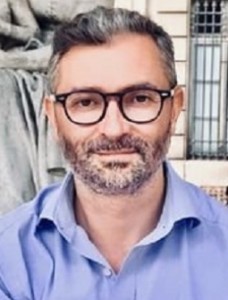
Philippe AJUELOS
Ministerial Data Administrator – MINISTÈRE DE L'ÉDUCATION NATIONALE - DIRECTION DU NUMÉRIQUE POUR L'ÉDUCATION

Murielle LAVELLE-CASSANO
AMDAC project manager – MINISTÈRE DE L'ÉDUCATION NATIONALE - DIRECTION DU NUMÉRIQUE POUR L'ÉDUCATION
Speakers:
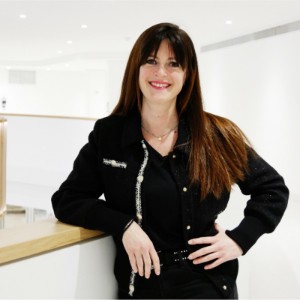
Jennifer ELBAZ
Head of Public Awareness – CNIL - DIRECTION DES RELATIONS AVEC LES PUBLICS
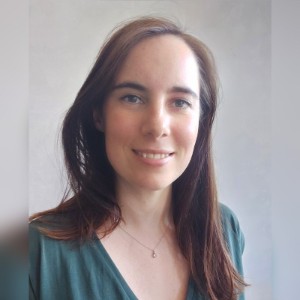
Gwenn COGNARD
Head of the teaching department – CABRI-MASKOTT
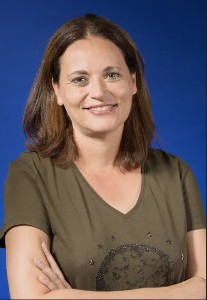
Muriel POISSON
PhD, Team Leader, Knowledge Generation and Mobilisation – INSTITUT INTERNATIONAL DE PLANIFICATION DE L’ÉDUCATION (IIPE) DE L’UNESCO
